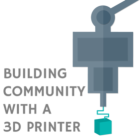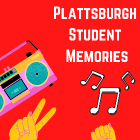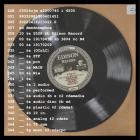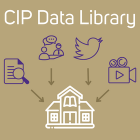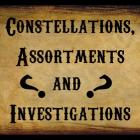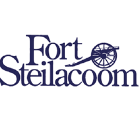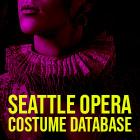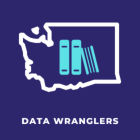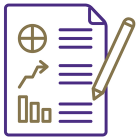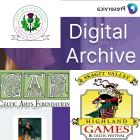
Building a Digital Archive for a Local Non-Profit
This capstone presentation provides a high-level summary of Corey Cherrington's work building a digital archive for the Celtic Arts Foundation in Mount Vernon, WA. To complete this goal, I have created an archive for the Celtic Arts Foundation’s historical materials (physical and born-digital) and enacted a long-term plan to stabilize the records involved in this archiving project. Key areas of focus are: Digital Preservation, Digital Asset Management, Information Architecture, and user experience design.

